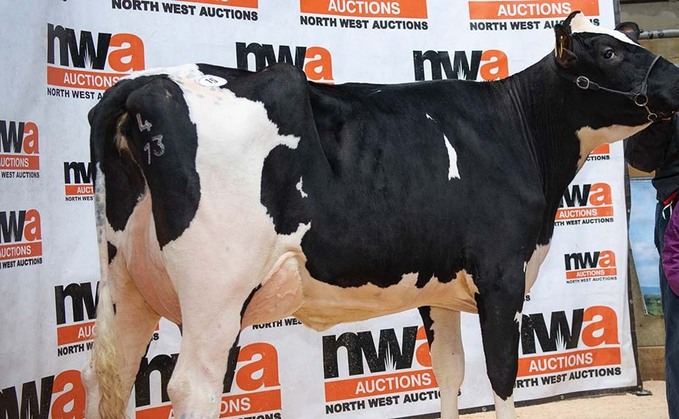
Mycoplasma bovis (M. bovis) is a major cause of pneumonia, mastitis and other production-sapping symptoms, and is extremely difficult to treat. So how can farmers tackle it? UK Veterinary Investigation...

Mycoplasma bovis (M. bovis) is a major cause of pneumonia, mastitis and other production-sapping symptoms, and is extremely difficult to treat. So how can farmers tackle it? UK Veterinary Investigation...